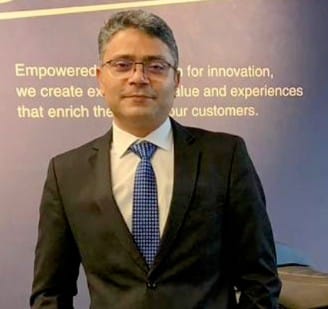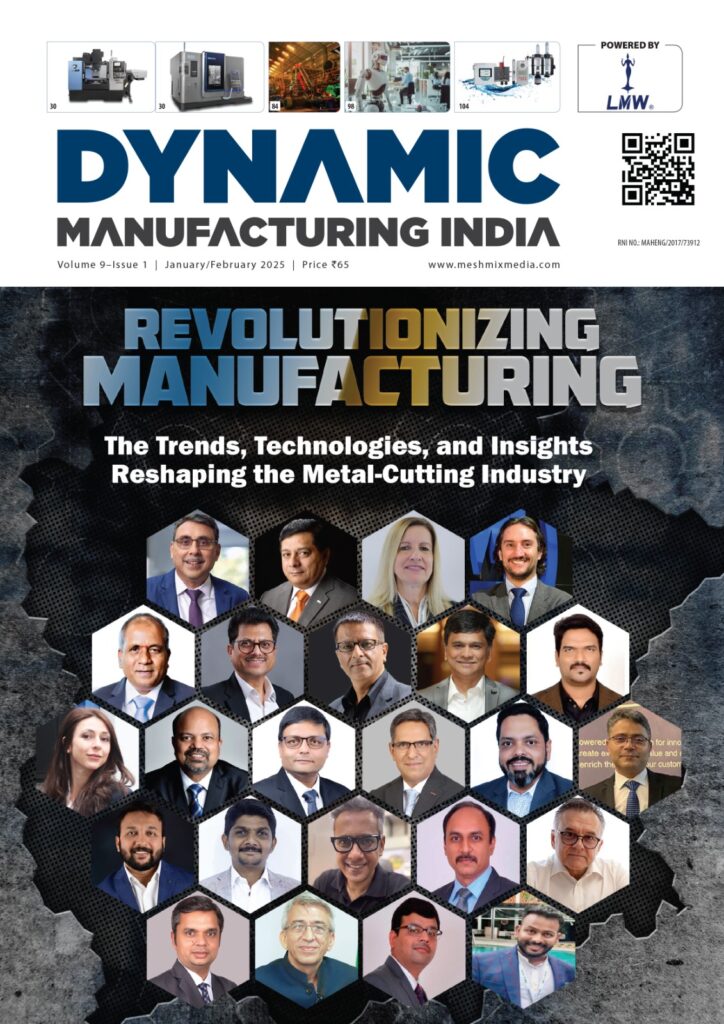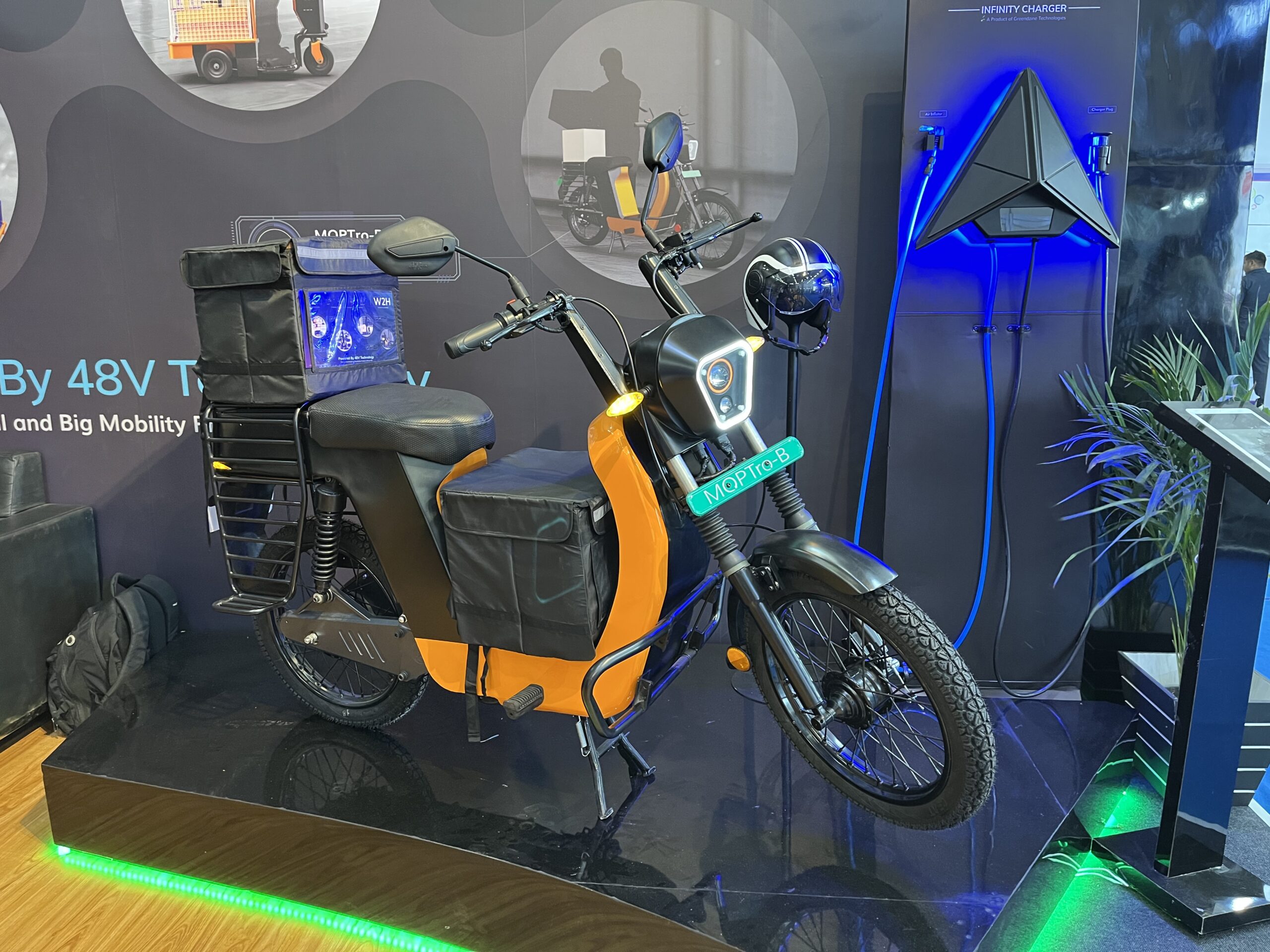Driving Excellence in Metal-Cutting: Innovations, Sustainability, and the Path Ahead
Vikas Kapur, Chief Business Officer, Zavenir Daubert India Private Limited, shares his views on transformative technologies, green practices, and industry challenges.

1 ) What recent advancements in metal-cutting technology have had the most transformative impact on efficiency and precision?
The latest innovations in Metal Working Fluids technology are expected to significantly contribute in optimising the processes.
In the Neat cutting oils, the GTL base oils (Gas to Liquid) technology is one of the important innovations which have enhanced performances in terms of reduced misting and retained viscosity at higher temperatures especially in the low-viscosity range. We have ready GTL based product line available to be launched in India soon.
In the water-miscible products, the Nano-emulsion technology and the polymer-based, mineral oil-free / synthetic products have evolved in a way that can now be used for almost any application, even in heavy-duty cutting. The past problems of dryness of the guideways or corrosion problems have also been largely eliminated. Our water soluble product range is equipped with the above mentioned technologies.
2 ) How is the industry adapting to sustainable manufacturing practices, and what specific initiatives are helping to reduce environmental impact?
Apart from use of advanced products with non-toxic chemical ingredients, one of the important aspects in sustainability is the CO2 footprint of the products in producing each raw material and each step of the process. The major improvement in quality of re-refined base oils for manufacturing of products is seen as a way to reduce environmental impact.
The use of more bio-degradable raw materials like Vegetable esters in Metal Working Fluids enhances the performance and reduces the environmental impact of the products.
Zavenir Daubert manufacturing plant in India is carbon neutral and utilizes 100% solar energy for its operations.
3 ) With digitalization reshaping manufacturing, what new skills are essential for today’s workforce, and how is the industry addressing the skills gap?
We at Zavenir Daubert, strongly believe that digitalization will be important in every aspect of our processes. It is making us more efficient by streamlining our processes and enabling efficient data availability with the relevant stakeholders.
Our production systems are automated to ensure ease in manufacturing process and repeatability of product performance.
Digitalization has enabled faster development of products as product test data, raw material data and hazard categories are readily available with the R&D team.
Skill development of employees is essential and can be done by identifying the IT training needs of personnel based upon the roles and upgrading their skill set in a regular and gradual way. In house specialists in a particular skill can help train their peers.
4 ) What trends are driving the current demand for metal-cutting solutions, and how do you foresee the industry adapting to these trends?
The current trend is definitely towards sustainability and reducing the overall carbon footprint. This is done not only by using sustainable products but also following sustainable processes like using renewable energy, reducing waste.
Another focus is also on enhancing productivity of the processes which can be achieved by use of high performance additives in metal working fluids.
We also look forward to contributing to the trend by ensuring that our products contribute to reducing rejections of metal components due to corrosion.
5) What do you view as the most significant challenges facing the metal-cutting industry today, and what steps is your organization taking to stay competitive?
The main challenges that manufacturing industry in India is facing are related to compliances, costs and sustainability. As Indian manufacturing is getting more export focused, ever changing compliance requirements like REACH etc are limiting the usage of certain chemicals and that is leading to the reworking of complete formulations.
Cost pressures due to other developing countries also entering in manufacturing is leading to process optimization along with need for reduction in process costs.
At Zavenir Daubert, we are developing superior technology products which require very high quality ingredients and limited availability in India makes it a bit challenging. However, we are able to mitigate this challenge with by having long term contracts and relationship with global suppliers.

E copy fo the magazine – https://www.machineinsider.com/dynamic-manufacturing-india-jan-feb-2025-edition/



